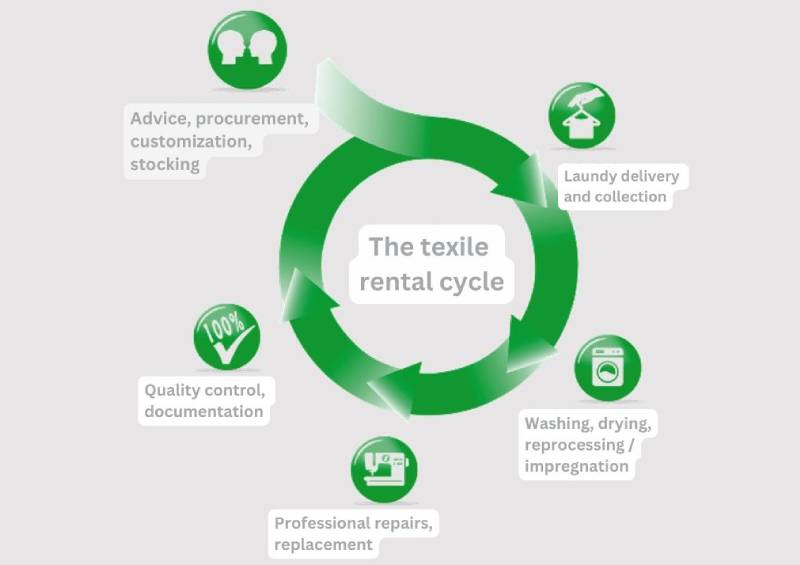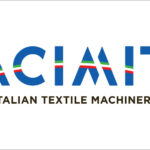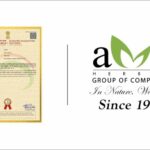Texcare 2024: Textile-Care Industry Embraces Circular Economy

The textile-care industry showcased its commitment to the circular economy at Texcare 2024, highlighting sustainable practices through linen and workwear rental services. These services exemplify a circular model by using durable textiles, optimizing their lifespan through professional care and repairs and developing recycling solutions for end-of-life products.
The European Commission’s ‘Green Deal’ aims to transform the garment industry from a short-lived consumption model to a more sustainable, circular system by 2030. This shift will replace fast fashion with longer-lasting textile products, reducing environmental pollution. The textile-service sector already adheres to these circularity principles, focusing on durability, reusability and ease of repair.
Textile rental services, such as those for workwear and protective clothing, manage a range of textiles efficiently. Garments are provided in various sizes, labeled and reused if returned in good condition. Pool systems for items like bed linen and towels reduce textile usage by sharing among multiple customers.
Local textile cleaning services also contribute by extending the life of high-quality and delicate items. If stains persist, specialist companies can re-colour goods to ensure their usability.
The industry is also advancing in recycling. Several manufacturers have developed return models for old workwear, which are then reused or recycled. Large corporations, including Deutsche Telekom and Ikea, have centralized systems for recycling discarded workwear, with Ikea even creating new textiles from old workwear.
Textile upcycling is another innovative approach, with companies like Fristads and John Lewis offering repair services and creating designer items from discarded textiles. Recycling solutions are also being explored for large contract textiles, turning them into bags and accessories.
Despite these advancements, the industry faces challenges with recycled materials. The quality of fibres often diminishes with each recycling stage, leading some manufacturers to prefer virgin fibres for durability. Texcare International serves as a platform for discussing these challenges and exploring sustainable solutions.














